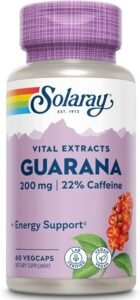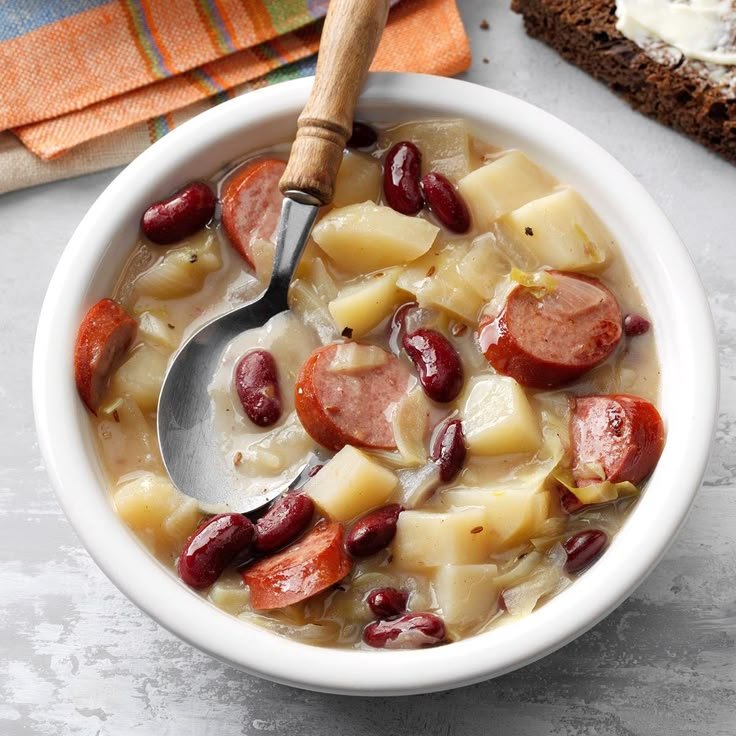Over-the-Counter Medications and Other Remedies for at-Home Gout Relief
Over-the-Counter Medications and Home Remedies for Gout Relief
Introduction to Gout and Its Treatment Options
Gout is a painful condition caused by a build-up of uric acid crystals in the joints. When the body breaks down proteins, uric acid is produced as a waste product. If the body produces too much uric acid or struggles to eliminate it, it can lead to gout flare-ups, which cause pain, swelling, and redness in the affected joints. This article explores over-the-counter (OTC) medications and home remedies that can help manage gout symptoms and prevent future flare-ups.
Understanding NSAIDs for Gout Pain Relief
Nonsteroidal anti-inflammatory drugs (NSAIDs) such as ibuprofen (Advil) and naproxen (Aleve) are commonly recommended OTC medications for relieving gout pain. These drugs reduce inflammation and ease discomfort by inhibiting enzymes that cause pain and swelling. Both ibuprofen and naproxen are effective for treating gout symptoms, and you can choose either based on personal preference.
However, NSAIDs should be used cautiously. They are recommended for individuals under 60 who do not have kidney or heart problems, or gastrointestinal disorders. For those who experience gout flare-ups, NSAIDs should be taken within 48 hours of the onset of symptoms for the most effective relief. It’s important to limit their use to 7-10 days to avoid potential side effects.
Topical NSAIDs: Voltaren Gel and Its Effectiveness
Topical NSAIDs, such as Voltaren Gel (diclofenac), are available over-the-counter and can be applied directly to the affected area. While these gels can provide some relief, they are generally not strong enough to effectively manage gout flare-ups. Topical treatments are better suited for mild pain and should be used alongside other remedies for best results.
The Role of Ice in Gout Relief
In addition to medication, non-drug treatments can significantly improve gout symptoms. Applying ice to the affected joint for 20-30 minutes several times a day helps reduce swelling and alleviate pain. Ice can be particularly effective in the initial stages of a flare-up, so consider keeping an ice pack handy for quick relief.
Elevating the Affected Foot to Reduce Swelling
Elevating the foot or affected joint is another simple but effective home remedy for reducing inflammation. Resting with your foot elevated can improve blood circulation and ease swelling. Combining this with other treatments, like ice and hydration, can provide more comprehensive relief.
Staying Hydrated to Flush Out Uric Acid
Drinking plenty of fluids, especially water, is essential in managing gout. Proper hydration helps the body eliminate excess uric acid and prevents the formation of kidney stones, which can occur alongside gout flare-ups. Aim for at least 8 cups of water a day, and consider limiting sugary beverages that can worsen the condition.
Complementary Remedies: Vitamin C and Tart Cherry Juice
While prescription medications are commonly used to manage gout, natural remedies can also play a role in prevention. Vitamin C and tart cherry juice have gained attention for their potential to reduce uric acid levels and decrease the frequency of gout attacks.
-
Vitamin C: Some studies suggest that vitamin C may help lower uric acid levels in the body. However, the American College of Rheumatology does not officially recommend vitamin C as a treatment for gout due to the lack of substantial evidence.
-
Tart Cherry Juice: Research indicates that tart cherry juice may help reduce uric acid levels and lower the risk of flare-ups. However, more studies are needed to confirm its effectiveness as a standard treatment.
Dietary Modifications to Prevent Gout Attacks
Your diet plays a crucial role in preventing gout attacks. Certain foods can contribute to the overproduction of uric acid, while others may help keep levels in check.
-
Foods to Avoid: Red meat, shellfish, and alcohol should be limited, as they are known to trigger gout flare-ups. High-fructose corn syrup found in sugary drinks and processed foods can also contribute to increased uric acid production.
-
Foods That Help: A diet rich in vegetables like asparagus, spinach, and cauliflower, as well as plant-based proteins such as tofu and beans, can help reduce the risk of gout. Dairy products are also beneficial, as they have been associated with lower gout risk.
What Not to Take for Gout Flare-Ups
If you are experiencing a gout flare-up, avoid taking low-dose aspirin, as it can increase uric acid levels in the body, potentially worsening the condition. However, if you take low-dose aspirin for heart-related issues, continue under the guidance of your healthcare provider.
How to Prevent Future Gout Attacks
Understanding your personal triggers is essential in managing gout long-term. Factors such as excessive protein intake, dehydration, and alcohol consumption are common causes of flare-ups. If you’ve had a previous gout attack, try to avoid foods high in purines, like shellfish and red meat, and limit alcohol consumption.
When to Seek Medical Help
If OTC medications such as NSAIDs do not help manage your gout flare-up within a week, it’s time to consult a healthcare provider. Prescription medications like colchicine, steroids (e.g., prednisone), and uric acid-lowering drugs may be necessary for more effective treatment.
Conclusion
Managing gout flare-ups requires a combination of medications, lifestyle changes, and home remedies. OTC NSAIDs provide quick pain relief, while natural treatments like vitamin C and tart cherry juice may offer additional benefits. However, the most effective strategy for preventing gout flare-ups is to identify and manage personal triggers through diet and hydration. If symptoms persist or worsen, seek professional medical guidance to explore prescription treatment options.
Frequently Asked Questions
What are the best OTC medications for gout relief? NSAIDs such as ibuprofen (Advil) and naproxen (Aleve) are commonly used to relieve gout pain. Topical NSAIDs like Voltaren Gel may also provide some relief but are less effective for severe flare-ups.
Can I use ice to relieve gout pain? Yes, applying ice to the affected joint for 20-30 minutes multiple times a day can reduce swelling and alleviate pain associated with gout flare-ups.
Does tart cherry juice help with gout? Some studies suggest that tart cherry juice can help lower uric acid levels and reduce the frequency of gout flare-ups, but more research is needed to confirm its effectiveness.
What should I avoid during a gout flare-up? Avoid low-dose aspirin, as it can worsen gout symptoms by increasing uric acid levels. Additionally, limit alcohol, red meat, shellfish, and sugary foods.
Key Takeaways
-
OTC NSAIDs like ibuprofen and naproxen are effective for relieving gout pain.
-
Hydration, ice, and elevation can help manage swelling and discomfort.
-
Natural remedies such as vitamin C and tart cherry juice may offer supplementary benefits.
-
Dietary changes, including reducing purine-rich foods, can help prevent future flare-ups.








